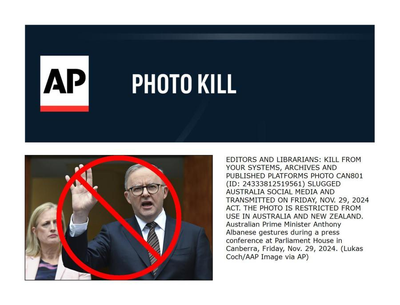
Introduction
Australia has made history by passing a world-first law banning children under the age of 16 from using social media. The legislation, which was passed on Friday, makes online platforms such as TikTok, Facebook, and Instagram liable for fines of up to $33 million if they fail to prevent underage users from holding accounts.
Background
The law was introduced in response to growing concerns about the impact of social media on children's mental health and wellbeing. Many experts have warned that excessive social media use can lead to increased stress, anxiety, and depression among young people.
The Law
The new law makes it mandatory for online platforms to implement age verification systems to prevent underage users from accessing their services. Platforms will be required to take reasonable steps to identify and remove underage users from their platforms, or face fines of up to $33 million.
Reaction from the Industry
The social media industry has been quick to react to the new law, with many companies expressing concerns about its implementation. Facebook and Instagram owner Meta Platforms said they respected the decision but were concerned about the process, which they claimed had rushed through the legislation without properly considering the evidence.
Criticism from Mental Health Experts
Mental health experts have also spoken out against the law, warning that it could isolate children and deprive them of the positive aspects of social media. Some critics argue that the ban will drive young people to the dark web, where they may be exposed to even greater risks.
Support from Parents
Many parents have welcomed the new law, saying that it is a necessary step to protect their children from the potential harms of social media. Online safety campaigner Sonya Ryan, whose daughter Carly was murdered by a pedophile who posed as a teenager online, said the Senate vote was a "monumental moment in protecting our children from horrendous harms online."
Implementation and Concerns
The law will come into effect over the next 12 months, during which time platforms will be required to implement age verification systems. Critics have raised concerns that this process may not be as effective as they hope, and could lead to unintended consequences such as increased isolation among young people.
Conclusion
The passing of this law marks a significant shift in the way Australia approaches social media and children's online safety. While it has been welcomed by some, others have raised concerns about its effectiveness and potential impact on young people. As the industry works to implement the new regulations, it is clear that there will be many challenges ahead.